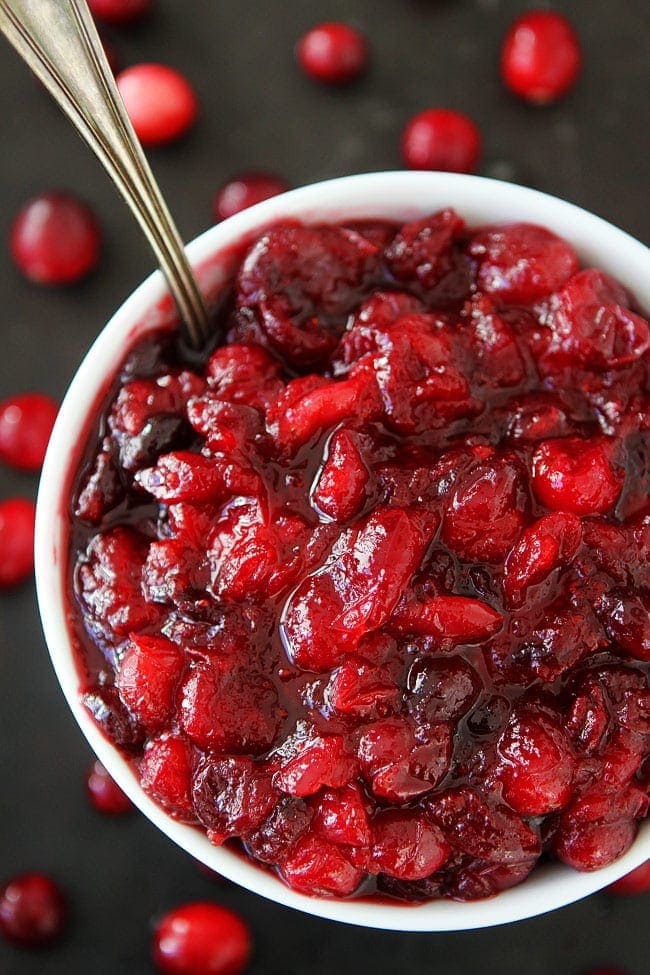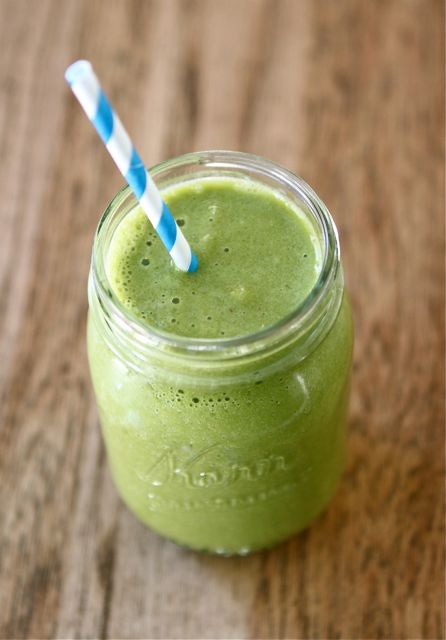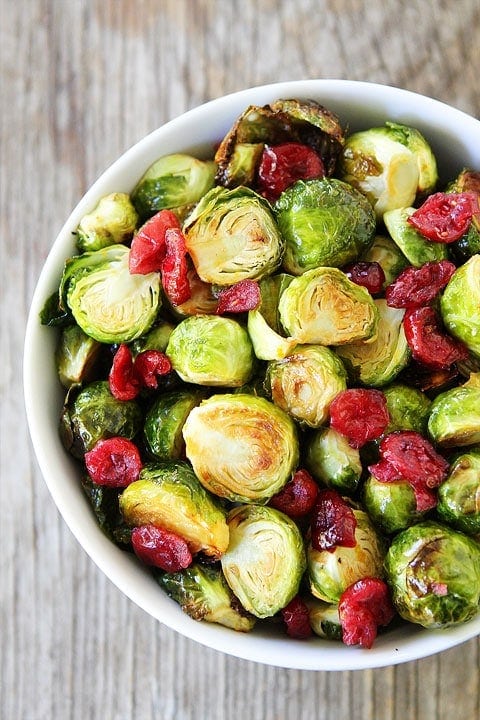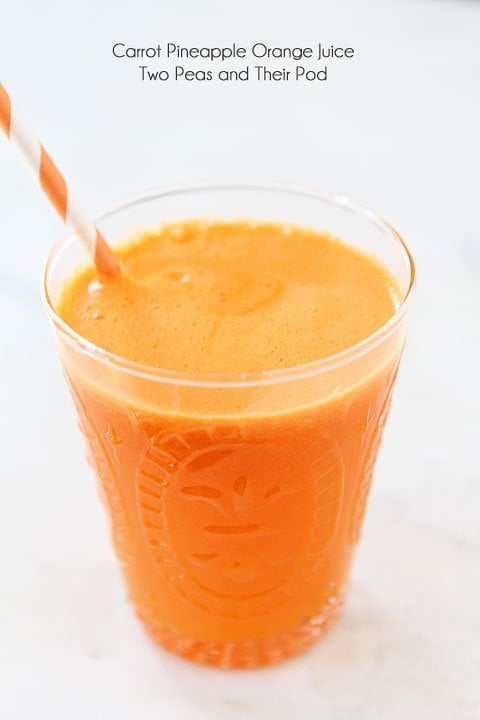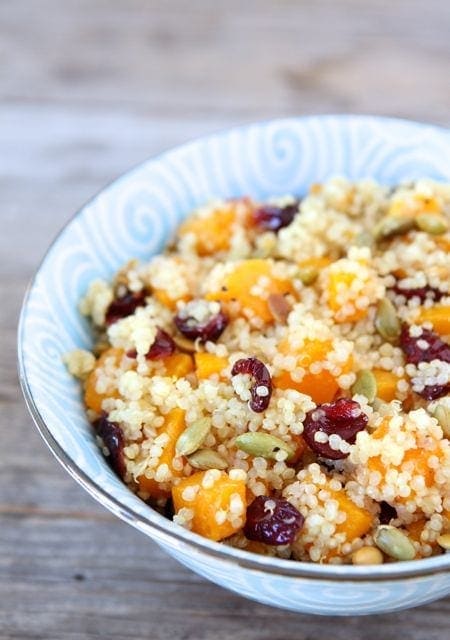Orange Juice: Important Facts, Health Benefits, and Recipes
Explore the secrets, benefits, and uses of orange juice, including its nutritional profile, health advantages, storage tips, and substitutes in our ultimate guide.

Nutritional Facts
1 cup
Amount per serving
Calories
111.6
Carbohydrates
25.8 g
Fat
0.5 g
Protein
1.7 g
Saturated Fat
0.1 g
Sodium
2.5 mg
Fiber
0.5 g
Sugar
20.8 g
Best Orange Juice Recipes
-

-

-

-

-

-

-

-

-
![Orange Coffee Cake Image]()
-
![Maple Cranberry Sauce Image]()
-
![Green Smoothie Image]()
-
![Orange, Avocado, and Kale Quinoa Salad Image]()
-
![Orange Chocolate Chip Cookies Image]()
-
![Cranberry Orange Muffins Image]()
-
![Pomegranate, Orange, and Avocado Salad Image]()
-
![Orange Cranberry Bread Image]()
-
![Cranberry Orange Roasted Brussels Sprouts Image]()
-
![Quinoa Salad with Mango, Currants, Almonds, & Mint Image]()
-
![Carrot Pineapple Orange Juice Image]()
-
![Orange Ricotta Chocolate Chip Muffins Image]()
-
![Brussels Sprout Pomegranate Citrus Salad Image]()
-
![Quinoa Salad with Butternut Squash, Dried Cranberries & Pepitas Image]()
-
![Honey Roasted Rhubarb Image]()
-
![Cranberry Coffee Cake Image]()
-
![Cranberry Orange Cinnamon Rolls Image]()
-
![Grapefruit, Orange, and Avocado Salad Recipe Image]()
-
![Spinach Salad with Oranges, Pomegranate, and Almonds Image]()
-
![Cranberry Orange Buttermilk Cookies Image]()
-
![Dark Chocolate Orange Shortbread Image]()
-
![Instant Pot Orange Chicken Lettuce Wraps Image]()
-
![Easy Asian Steak Marinade Image]()
-
![Marinated Flank Steak with Asian Chimichurri Sauce Image]()
-
![Pan-Seared Citrus Shrimp Recipe Image]()
-
![Citrus Shrimp and Avocado Salad Image]()
-
![Chunky Citrus Guacamole Image]()
-
![Orange-Spiced Salmon with Spaghetti Squash Image]()
-
![Pomegranate and Orange Champagne Punch Image]()
-
![Asian Glazed Orange Chicken Image]()
-
![Berry Delicious Fruit Salad Image]()
-
![Raspberry and Chocolate With Almonds Grilled Cheese Image]()
-
![Winter Green Salad with Orange Honey Mustard Vinaigrette Image]()
-
![Chicken Grilled Under a Brick with Harissa Marinade Image]()
-
![Grandma’s Peach and Blackberry Cobbler Image]()
-
![Roasted Cherry Sangria Image]()
-
![Baked Stuffed Orange French Toast Image]()
-
![Sticky Glazed Asian Ham Image]()
-
![Mountain Peach Pie Recipe Image]()
-
![Honey Sriracha Chicken Wings Image]()



